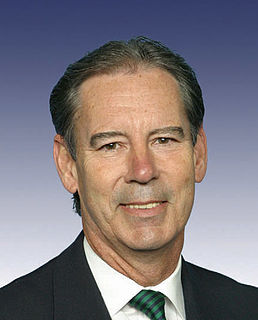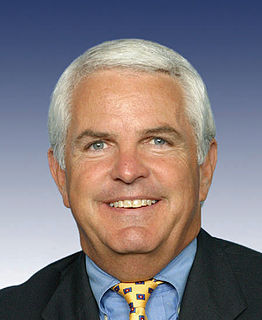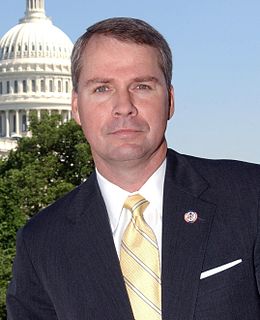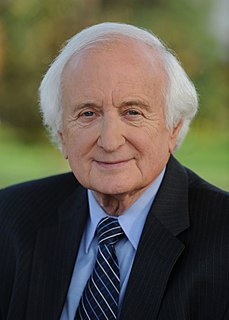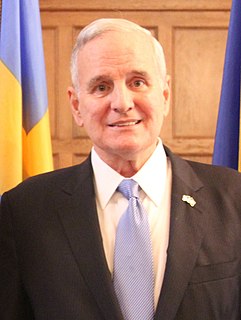A Quote by Ron Lewis
Since Social Security faces a large gap between what it promises younger workers and what it can afford to pay them, private savings will likely need to play a larger role in retirement planning for younger workers.
Related Quotes
Basic US economics tells us that back-of-the-house workers are very unlikely to get more pay overall. The fact that workers are in those jobs means employers are already paying them what they need to pay them to get them in the current environment. If employers do share some tips with them, it will likely be offset by a reduction in their base pay.
The Social Security program is a pact between workers and their employers that they will contribute to a common fund to ensure that those who are no longer part of the work force will have a basic income on which to live. It represents our commitment as a society to the belief that workers should not live in dread that a disability, death, or old age could leave them or their families destitute.
Social Security is the foundation stone of that kind of retirement security. It not only needs to be strengthened in order to make sure it's there for younger baby boomers and Generations X and Y, but it probably needs to be strengthened and expanded because the retirement benefits now being offered by most employers are not sufficient to support middle-income Americans in their long years of retirement.
